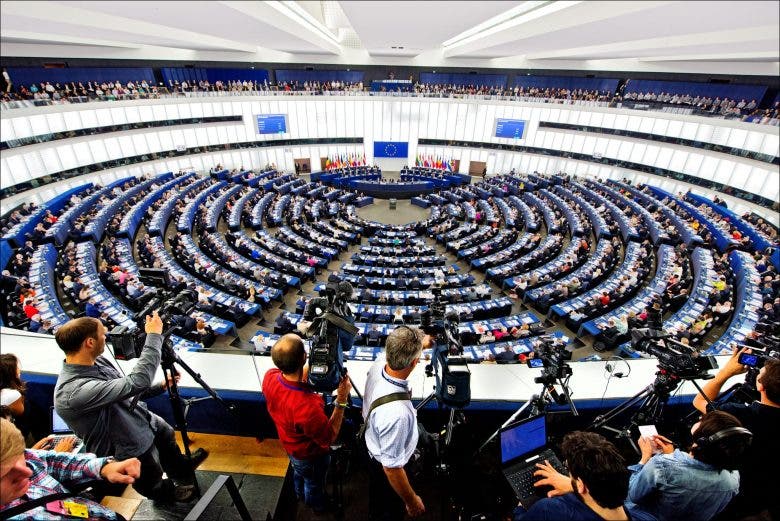
TODAY sees Spain take over the rotating presidency of the Council of the European Union, the fifth time it has done so since joining the bloc back in 1986. It will hold the role for six months, but it is far from clear whether the same prime minister will be in power at the start of this presidency as at the end.
The decision by Spanish Prime Minister Pedro Sanchez to call snap elections for July 23 has thrown the year of planning by the Socialist Party-led government into uncertainty. The polls predict a victory for the main opposition Popular Party (PP) but the conservative group will most likely need to do a deal with far-right Vox if it is to form a government.
This could mean that the Socialists and their junior coalition partner Unidas Podemos will set out the priorities for Spain’s presidency, only for another administration to take over before the year is out.
The government, however, has been at pains to point out that a general election while a country holds the presidency is not unusual, citing the recent example of France and the reelection of Emmanuel Macron, according to news agency Europa Press.
The PP, meanwhile, has been unhappy about the lack of information provided by the government about its preparations and priorities for the rotating presidency.
The PP leader and candidate for prime minister, Alberto Nuñez Feijoo, recently complained that he knew more about the current Swedish presidency than he did about the Spanish one.
The Presidency of the Council of the European Union is in charge of organising and leading all council meetings. During the six-month stints there can be as many as a thousand meetings, involving ministers or technical experts, while the presidency can also represent the EU at international forums.
Read more:

